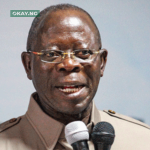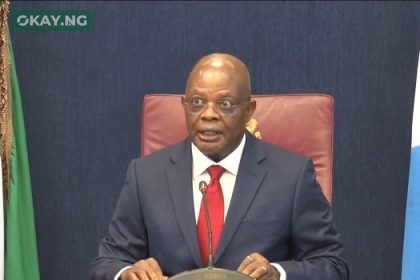The Lagos State Government has once again underscored its dedication to safeguarding its extensive coastline and implementing sustainable infrastructure solutions to combat the escalating impacts of climate change.
This commitment was articulated by Kunle Adesina, spokesperson for the Ministry of Environment and Water Resources, in a statement released on Monday. The statement highlighted remarks made by the state’s Commissioner for Environment and Water Resources, Tokunbo Wahab, who represented Lagos at the ongoing United Nations Ocean Conference in Nice, France.
“Lagos as a coastal state, faces severe climate risks from rising sea levels, extreme rainfall and excessive heat,” Wahab said. He emphasized the urgency of building resilient infrastructure, stating, “But we are not sitting back. We are building resilient infrastructure.”
Wahab elaborated on the state’s proactive measures, revealing that primary and secondary drainage channels are cleared throughout the year to mitigate flooding risks. Over the past two years, Lagos has constructed 76 kilometers of trapezoidal drainage systems to enhance water management.
Addressing waste management, Wahab noted that Lagos generates over 13,000 tonnes of waste daily and is transitioning from a linear disposal model to a circular economy. “In the last two years, we have chosen to categorise waste as a resource, where waste is now a resource for wealth, a resource for energy,” he explained.
The commissioner also reaffirmed the ban on styrofoam food containers and announced that enforcement of the ban on single-use plastics will commence on July 1, following an 18-month grace period.













